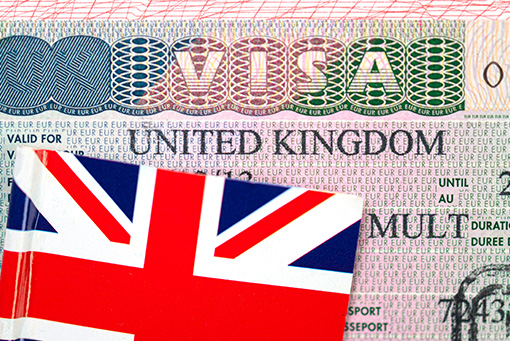
These clarifications apply to the salary deduction rules used to calculate whether the applicant’s salary, as listed in their Certificate of Sponsorship, meets the required minimum threshold.
Costs that cannot be recouped
Employers cannot reclaim costs for optional benefits, like salary sacrifice arrangements, that workers can freely choose to accept or decline. They may also not reclaim:
- Licence Fees: Fees paid to obtain or maintain a sponsor licence, essential for hiring foreign workers.
- Certificate of Sponsorship (CoS) Fees: Costs associated with issuing a CoS, which is required for each sponsored worker.
- Immigration Skills Charges: A levy imposed on employers to fund skills training for the UK workforce.
- Legal Fees for CoS Assignment: Any legal expenses incurred while assigning a CoS to a worker.
Costs that can be recouped:
 Employers can, however, recover expenditure relating to business costs, immigration costs and investment. These include:
Employers can, however, recover expenditure relating to business costs, immigration costs and investment. These include:
- Visa Fees: Charges for processing the worker’s visa application.
- Immigration Health Surcharge (IHS): A mandatory fee granting access to the UK’s National Health Service.
- Priority Fees: Additional charges for expedited visa processing, provided the worker consents.
- Legal Fees for Visa Applications: Legal costs related to visa applications, recoverable only if the worker agrees.
- Dependant Fees: Costs for visas of family members accompanying the worker.
How the rules are applied
Salary deduction rules are applied at the application stage. Applicants’ salaries are calculated by averaging the deductions over the duration of their visa, rather than applying the agreed-upon repayment rate.
If the adjusted salary falls below the required eligibility threshold, the individual will be ineligible to apply for a visa.
Conditional clawback clauses – where repayments are only required if the employee leaves early – are not treated as salary deductions, provided they are reasonable and do not restrict the employee’s ability to leave.
Genuine loans, meaning loans that are unrelated to the employer’s business or immigration costs, and which do not serve as an investment in the employer’s organisation, also do not affect minimum salary level calculations.
How employers can adapt
With these clarifications in mind, employers sponsoring skilled workers must reassess whether their workers’ salaries meet the required minimum salary thresholds once the relevant payments have been deducted.
Should the Home Office grant an application but later determine that the costs recovered were not in line with these clarifications, employers risk losing their sponsorship licence.
It’s not worth the risk
AGS Relocation’s dedicated UK immigration partners have the legal expertise to ensure you remain compliant and can continue to attract the foreign talent your organisation needs.
For peace of mind about relocating your skilled workers to the UK, discuss your immigration and moving requirements with us!














